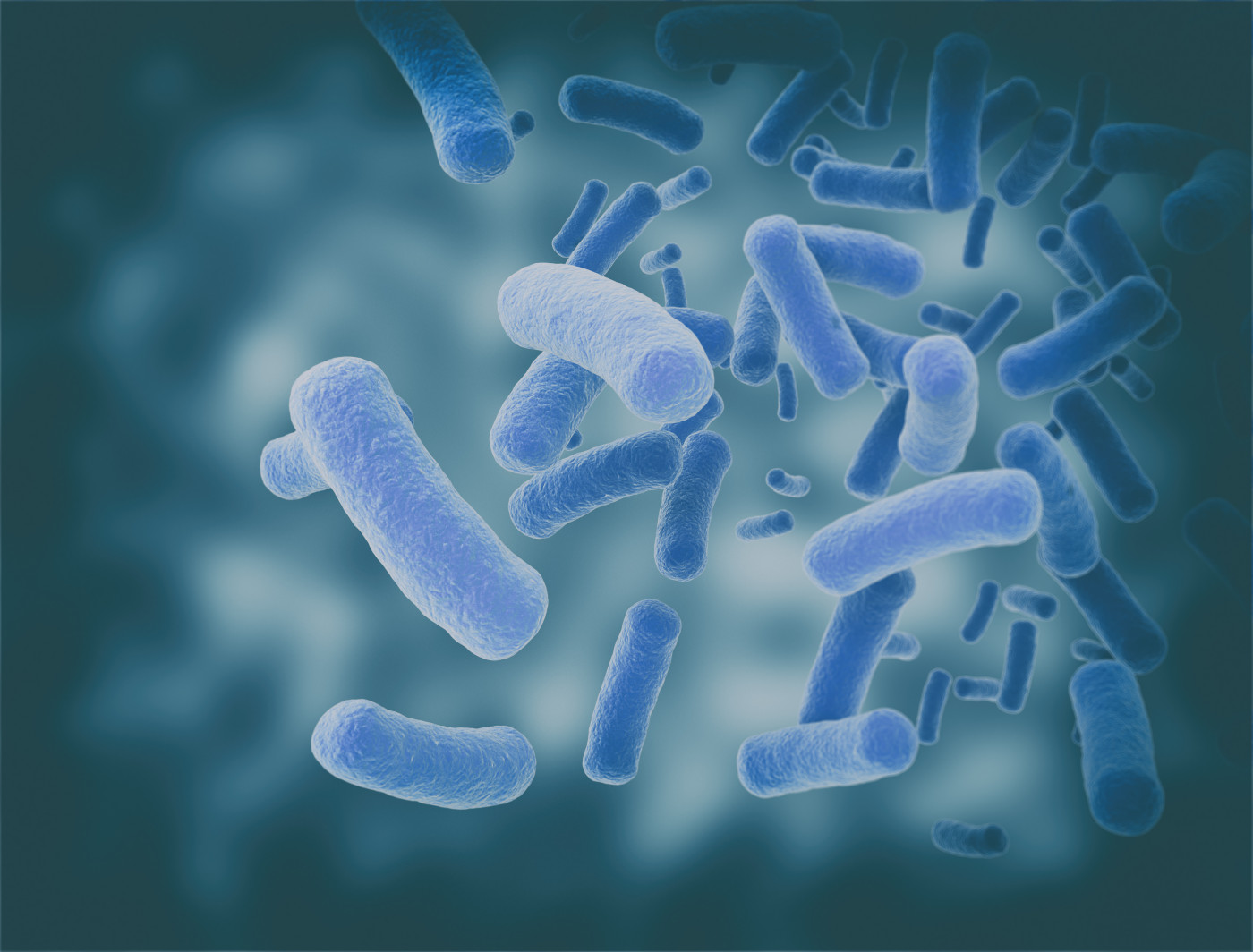FDA Clears Clinical Trial of AP-PA02 Phage Therapy for P. aeruginosa Infections
Written by |

The U.S. Food and Drug Administration (FDA) cleared Armata Pharmaceuticals‘ investigational new drug (IND) application for a Phase 1b/2a clinical trial of AP-PA02 for the treatment of the Pseudomonas aeruginosa bacterial infections that are a hallmark of cystic fibrosis (CF).
“We are very pleased that the FDA has cleared our IND, and we plan to initiate clinical development of AP-PA02 by the end of this year,” Todd R. Patrick, Armata’s CEO, said in a press release.
P. aeruginosa can colonize the lungs, causing difficult-to-treat infections, which can severely impact both the quality of life and survival rates among people with CF.
Treatment for P. aeruginosa infections typically consists of antibiotics. AP-PAo2, conversely, utilizes a cocktail of viruses called bacteriophages to attack the infecting bacteria. Because phages are specific to bacteria — they cannot infect the cells of the patients’ organs — they cause fewer side effects than antibiotics and can target even antibiotic-resistant microbes.
AP-PA02 delivers phages specific to P. aeruginosa directly to the lungs via inhalation.
The new trial — called SWARM-P.a. — is a multi-center, double-blind, randomized, placebo-controlled, single ascending dose (SAD) and multiple ascending dose trial that will assess the safety and tolerability of AP-PA02 in CF patients with chronic pulmonary P. aeruginosa infections.
Armata expects to begin testing in the SAD group later this year. Of note, in a double-blind study, neither the participants nor the researchers know who is receiving the investigational therapy and who is given a placebo.
“Results from this study, which we are calling SWARM-P.a. to reflect the manner in which phage attack dangerous pathogens, will be our company’s first clinical trial to evaluate a phage-based therapy as a potential treatment for Pseudomonas aeruginosa airway infections,” Patrick said.
“This clinical trial will contribute to the evaluation of the potential of phage to combat multi-drug resistant infections, and potentially usher in a new era in the fight to develop alternatives to antibiotics,” he added.
The Cystic Fibrosis Foundation is supporting Armata’s research through a $5 million grant, awarded earlier this year.
“I would once again like to express my gratitude to the CF Foundation for the important financial and clinical support that they are providing to help advance this candidate through clinical trials as efficiently as possible. While the study will initially evaluate AP-PA02 in combination with standard antibiotics, our ultimate goal with this product candidate is to replace antibiotics as a front-line therapy,” Patrick concluded.
Of note, AP-PA02 is a second-generation phage product candidate for P. aeruginosa that follows AP-PA01, the first phage product developed by Armata. AP-PA01 was shown to successfully treat a CF patient with resistant P. aeruginosa infection when used in combination with antibiotics.
According to Armata, AP-PA02 offers significantly improved therapeutic features compared with AP-PA01.






